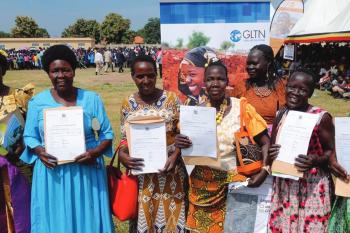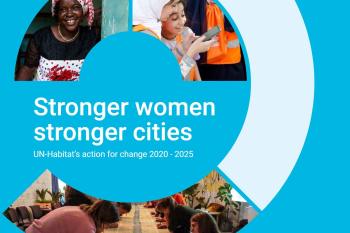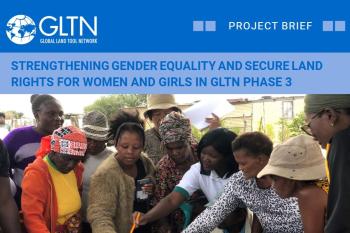
Read More
Gender Strategy for Land-at-Scale Uganda
Women’s Land Rights (WLRs) are fundamental human rights, foundational to gender equality and women’s dignity and instrumental in improving food security, effective climate action, poverty eradicati

This study aims to examine current land access and youth livelihood opportunities in Southern Ethiopia. We used survey data from the relatively land abundant districts of Oromia Region and from the land scarce districts of Southern Nations, Nationalities and Peoples' (SNNP) Region. Although access to agricultural land is a constitutional right for rural residents of Ethiopia, we found that youth in the rural south have limited potential to obtain agricultural land that can be a basis for viable livelihood.
The law prohibits the purchase and sale of land in Ethiopia. We found that land access through allocation from authorities is virtually nonexistent while land that can be obtained from parents through inheritance or gift is too small to establish a meaningful livelihood. The land rental market has restrictions, including on the number of years land can be rented out.

Women’s Land Rights (WLRs) are fundamental human rights, foundational to gender equality and women’s dignity and instrumental in improving food security, effective climate action, poverty eradicati

This publication presents a summary of UN-Habitat’s gender equality impact over the past five years, in line with the Beijing reporting cycle.

GLTN’s institutional commitment to gender equality and secure land rights for women and girls has been at the core of its work since inception in 2006.